Thank you for joining us on Thursday, April 27th, 2023 from 12:00 pm – 1:30 pm (PST), for “UBC 23 24 Indigenous Cultural Safety: Creating Excellence in the Arenas of Truth, Reconciliation and Academia.” This Indigenous Speaker Series session brought together Dr. Nadine Caron, Dr. Gwendolyn Point and Courtney Smith to discuss the work of cultural safety, cultural humility, and the broader work in regards to the recommendations from In Plain Sight, Truth and Reconciliation, and the Declaration on the Rights of Indigenous Peoples Act Action Plan. This important and timely dialogue shed light on the work being undertaken across the UBC Faculty of Medicine in an effort to reconcile and redress the relationship between Indigenous peoples and health care professionals and systems.
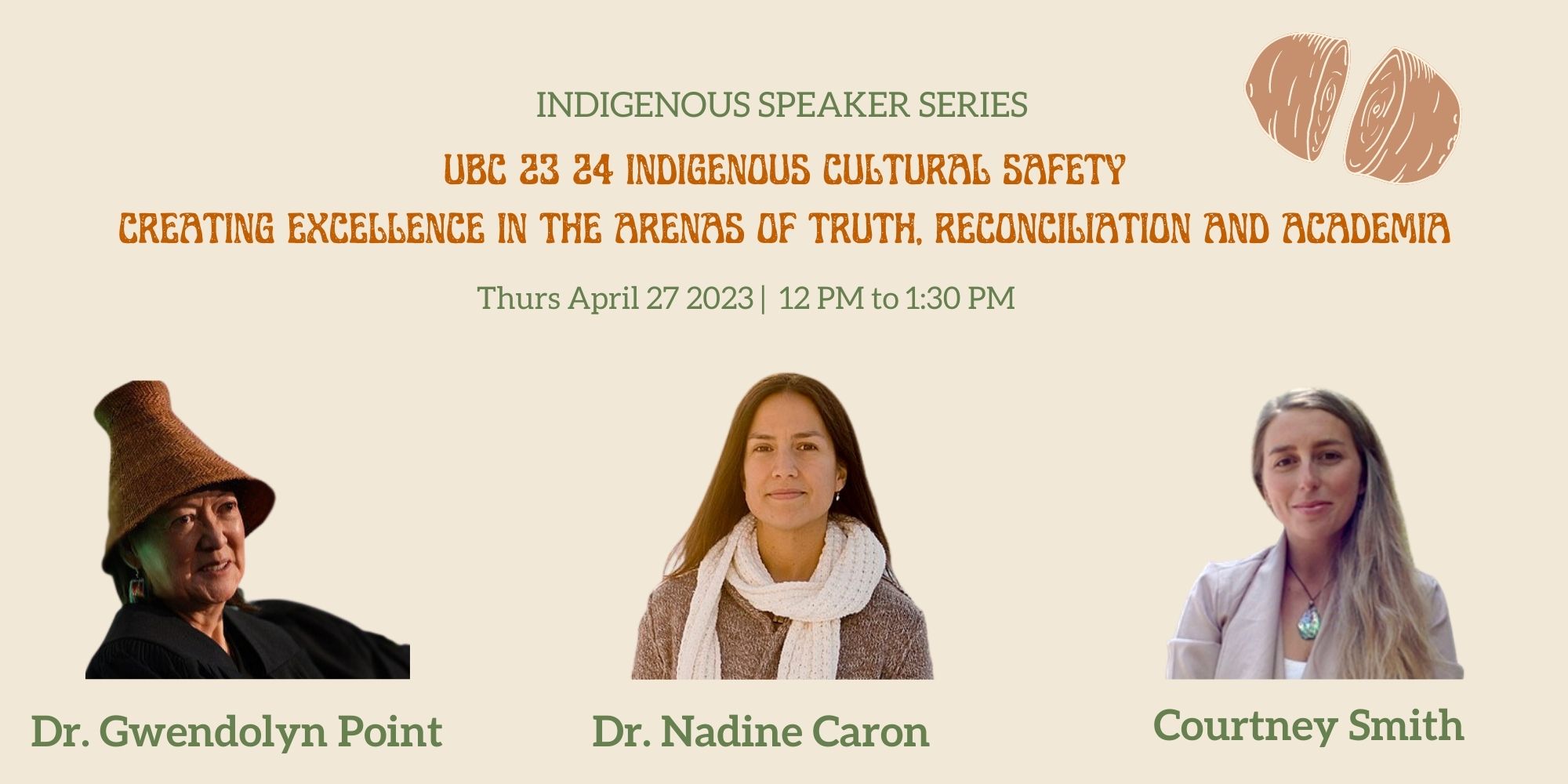
Join us virtually on Thursday, April 27th, 2023 from 12:00 pm – 1:30 pm (PST), for “UBC 23 24 Indigenous Cultural Safety: Creating Excellence in the Arenas of Truth, Reconciliation and Academia.” This virtual event is presented by the Indigenous Speakers Series.
Panelists bios
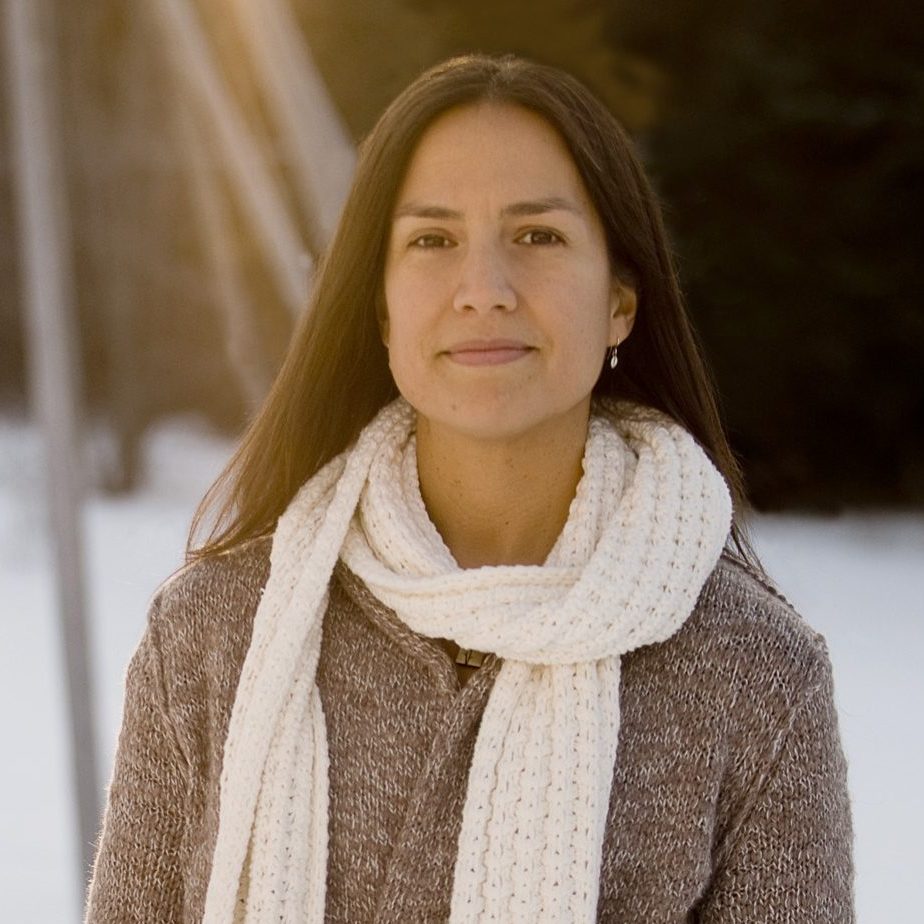
Dr. Nadine Caron,
MD, MPH, FRCSC – Professor, Dept. of Surgery, Faculty of Medicine (NMP), Co-Director of Centre for Excellence in Indigenous Health
Nadine Caron is the daughter of an Ojibwe mother and an Italian immigrant father. Her mother is from the Sagamok Anishinaabe First Nation on the north shore of Lake Huron, where she attended residential school and became a schoolteacher.
Dr. Caron was born and raised in Kamloops, BC, and completed her Bachelor of Science in Kinesiology at Simon Fraser University (1993) and her Medical Degree (1997) at the University of British Columbia in Vancouver. During her surgical residency, Nadine completed her Masters of Public Health (2001) from Harvard University and after completion of residency training (2003), moved to San Francisco to complete her Postgraduate Fellowship Training in Endocrine Surgical Oncology at the University of California, San Francisco (2004). But her love for BC brought her home and since January 2005, Nadine has been working as a General and Endocrine Surgeon at the University Hospital of Northern BC. She is a Professor at UBC’s Northern Medical Program, as well as an Associate Faculty member at Johns Hopkins University’s School of Public Health, Adjunct Professor at University of Northern British Columbia, Associate Faculty at UBC’s School of Population and Public Health and BCCA Scientist, Genome Sciences Centre.
As the first female First Nations student to graduate from the University of British Columbia’s medical school, she won the Hamber Gold Medal as the top graduating student and was named one of Maclean’s “One Hundred Canadians to Watch.” Dr. Caron’s main research focus involves access to equal health status, health care services and the research that leads to these for our marginalized populations – including Aboriginal, northern and rural. She is currently a member of the Michael Smith Foundation for Health Research Board of Directors, the Governing Council of the Canadian Institutes of Health Research, Regional Advisory Committee for the Terry Fox Research Institute (BC Node), the BCCA Surgical Oncology Network and member of the Northern Aboriginal Cancer Care Advisory Committee. As well, Nadine is the Co-Director of the UBC Centre for Excellence in Indigenous Health which aims to be a focal point for collaboration involving UBC students/faculty and community in partnerships to optimize health science curriculum, education, student supports and health research through an Indigenous lens. Nadine has also been a part of multiple presentations nationally and internationally on Indigenous health, cancer care in rural and northern populations, and addressing the inequities – both known and suspected – for Canada’s marginalized populations.
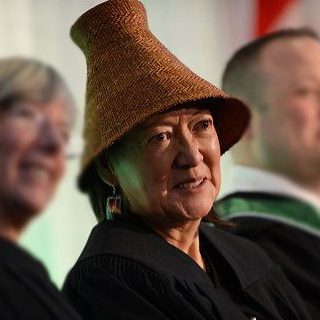
Dr. Gwendolyn Point, Stó:lõ Nation
Cultural Knowledge Keeper for The Centre for Excellence in Indigenous Health (CEIH)
Dr. Point currently serves as an Adjunct Professor and Cultural Knowledge Keeper for The Centre for Excellence in Indigenous Health (CEIH) Director, Dr. Nadine Caron who is the First Nations Health Authority (FNHA) Chair in Cancer and Wellness, which includes advising on matters related to Indigenous Cultural Safety (ICS) and the Centre’s ICS Program, ‘UBC 23 24’.
In addition to this, Dr. Point has also been appointed the Knowledge Keeper for the BC Assembly of First Nation Chiefs and served a term 2015-2018 as the Chancellor for the University of the Fraser Valley. She has a Doctor of Education from Simon Fraser University, a Master of Education from the University of Portland, a Post Baccalaureate from SFU, and a Bachelor of Education from the University of British Columbia. Numerous awards include, Paul Harris Fellow, Order of Chilliwack, BC Aboriginal Tourism Award, Seattle Art Museum: “The Recognition for work in First Nation Language & Culture”, The University of the Fraser Valley: “The Betty Urqhart Community Service Award”, Chilliwack School District set up 2 bursaries in her name.
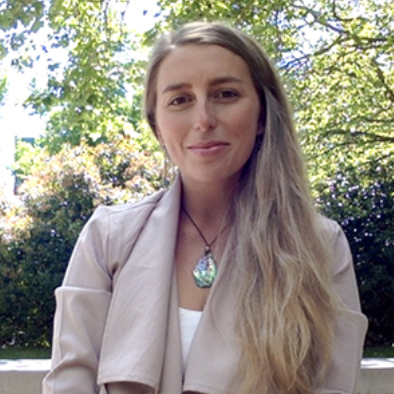
Courtney Smith,
UBC 23 24 Curriculum Manager
Courtney Smith is a second generation Canadian settler of Scottish highlander and German ancestry. She was raised on the Sunshine Coast of British Columbia on shíshálh swiya* and has strong ties to the shíshálh community, whom she worked doing rights and title work for a number of years. Courtney has an educational background in First Nations and Indigenous Studies with a strong focus in Education and is currently pursuing a Masters of Arts in Interdisciplinary studies from UBC researching connections between Indigenous Cultural Safety & Social and Emotional Learning education.
As the Curriculum Manager for UBC 23 24, Courtney is responsible for the maintenance, sustainability and expansion of the curriculum in the effort to support students, faculty and staff in teaching, learning and applyingIndigenous Cultural Safetyprinciples in health care and health care related settings. As a non-Indigenous settler, Courtney is committed to improving relations between Indigenous and non-Indigenous peoples in Canada that are based on respect, reciprocity and healing.
*swiya: the she shashishalhem (shíshálh language) word for ‘world’. The word ‘territory’ does not exist in she shashishalhem, thus elders, knowledge keepers and the Nation request that the word ‘swiya’ is used instead.
Moderator

Derek K Thompson – Thlaapkiituup, Indigenous Advisor
Description
The UBC 23 24 Indigenous Cultural Safety Program has been forging the way forward in designing and delivering training for students and faculty since 2017. Approximately 4500 students have completed this important program, and with their combined efforts and determination there’s great promise that someday we’ll have figured out how to end racism and discrimination against Indigenous – First Nations, Inuit, Métis – peoples within academic and health care systems.
This panel brings together Dr. Nadine Caron and Courtney Smith to discuss the work of cultural safety, cultural humility, and the broader work in regards to the recommendations from In Plain Sight, Truth and Reconciliation, and the Declaration on the Rights of Indigenous Peoples Act Action Plan. This important and timely dialogue will highlight the work being undertaken across the UBC Faculty of Medicine in an effort to reconcile and redress the relationship between Indigenous peoples and health care professionals and systems.
In November 2020, the report In Plain Sight: Addressing Indigenous-specific Racism and Discrimination in B.C. Health Care showed us what was already in plain sight as far as Indigenous peoples were concerned – that racism and discrimination against our people in BC Health Care organizations was happening on an epidemic scale.
Grand Chief Stuart Phillip, President of the Union of BC Indian Chiefs, stated in response to the report In Plain Sight that, “Racism against Indigenous peoples is a malignant disease that has been in the health care system in British Columbia since inception…[and] Racism is not just hurtful words or ideas – in health care, it leaves Indigenous peoples suffering without proper care. In the moment when you need health care, it is too much of a burden to put on the backs of First Nations peoples, having to deal with this racism. That is not compassionate, it is cruel and painful.”
Racism against Indigenous peoples is cruel and painful. Racism against First Nations, Inuit and Métis peoples from health professionals, people who are charged with upholding organizational, professional, ethical, and legislative policies only serves to worsen this experience and move it from cruel to harmful and from painful to irreparable. Health care professionals in BC must aspire to great and greater ways to move this experience from cruel to compassionate, from painful to hopeful, and to challenge the status quo and work towards correcting the very systems in which they work. This is not an easy task but it is a task worthy of our best efforts.
Topic: UBC 23 24 Indigenous Cultural Safety: Creating Excellence in the Arenas of Truth, Reconciliation and Academia
Date: Thursday, April 27th, 2022
Time: 12:00 – 1:30 pm PST
What Will I Learn?
You will learn about the current work being undertaken by the UBC 23 24 Indigenous Cultural Safety Program.
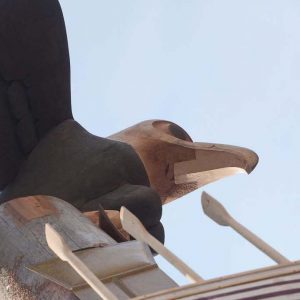
Continue Learning
“The time to make things happen is now. The time to seek out our individual and shared power is now.”
Learn more about REDI’s Indigenous Initiatives here
Discover more about REDI’s Indigenous Initiatives Speakers Series here
Find REDI’s Indigenous-Specific Resources here